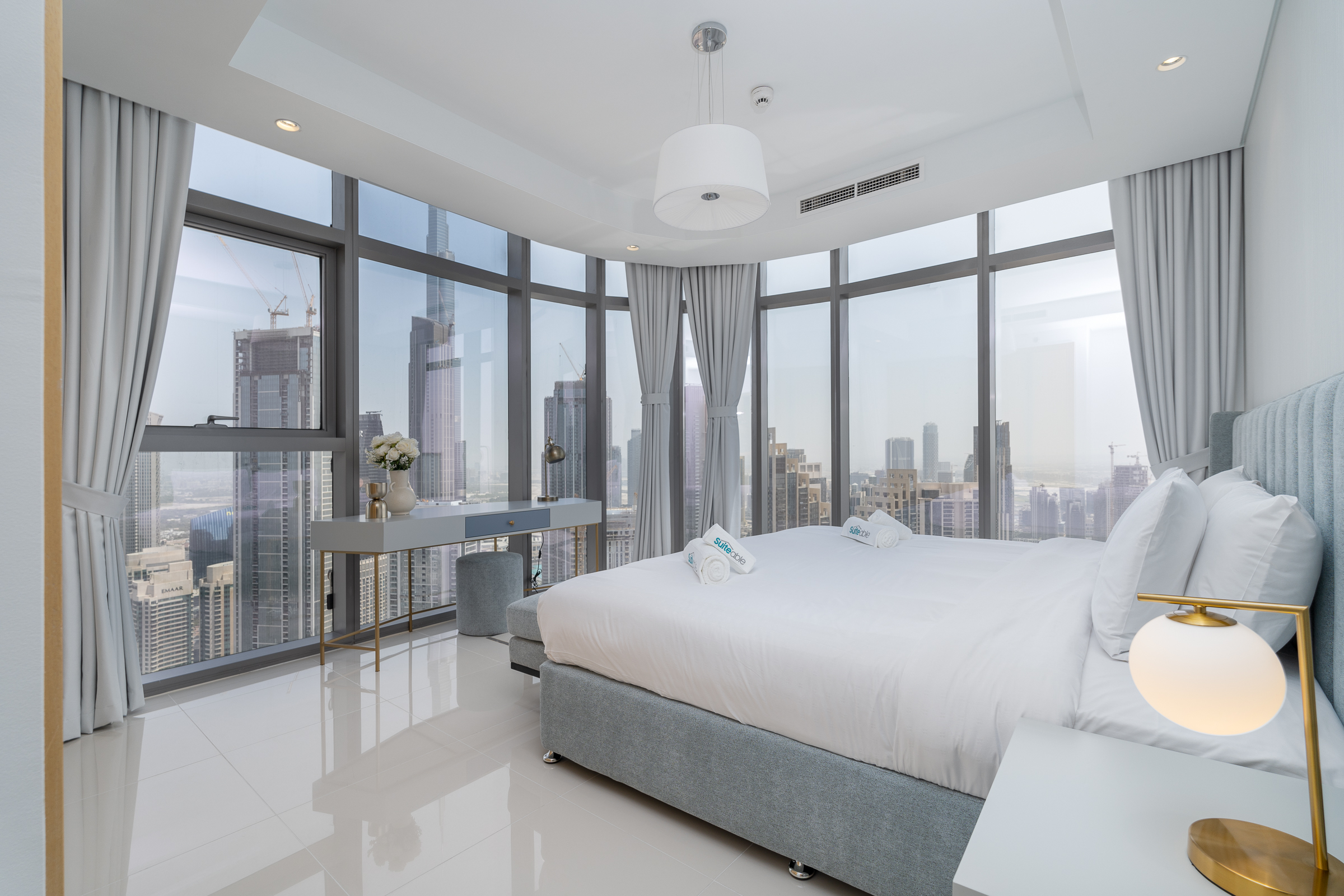
Ensuring compliance with Airbnb rules and local regulations is crucial for hosts, especially those offering services in regions with specific legal requirements. For hosts availing Airbnb management service Dubai, maintaining adherence to the law is paramount.
Research local regulations:
Before listing a property on Airbnb, hosts should thoroughly research and understand the local regulations, zoning laws, and licensing requirements governing short-term rentals in their area. Regulations can vary significantly from one location to another, so it’s crucial to consult with local authorities, homeowner associations, and legal professionals to ensure compliance.
Obtain necessary permits or licenses:
In many jurisdictions, hosts are required to obtain permits or licenses to operate short-term rentals legally. Determine the specific permits or licenses needed for your property and follow the application process outlined by local authorities. Failure to obtain required permits or licenses can result in fines, penalties, or legal action, so it’s essential to complete this step before hosting guests.
Collect and remit taxes:
Hosts may be responsible for collecting and remitting occupancy taxes, transient occupancy taxes, or other local taxes on rental income generated through Airbnb. Research the tax obligations in your area and ensure compliance with tax laws by registering with tax authorities, collecting applicable taxes from guests, and remitting them on time. Failure to comply with tax requirements can lead to financial penalties and legal consequences.
Follow safety and building code regulations:
Ensure that your Airbnb property meets all safety and building code regulations mandated by local authorities. Conduct a thorough inspection of the property to identify and address any safety hazards, such as fire hazards, electrical issues, or inadequate emergency exits. Install and maintain safety equipment, such as smoke detectors, carbon monoxide detectors, and fire extinguishers, to protect guests and comply with building codes.
Implement guest screening procedures and security measures:
To maintain the safety and security of your Airbnb property, implement guest screening procedures and security measures. Screen guests by reviewing their profiles, ratings, and reviews to assess their suitability and reliability. Install security features such as keyless entry systems, surveillance cameras, or alarm systems to deter unauthorized access and protect the property from theft, vandalism, or other security threats.
